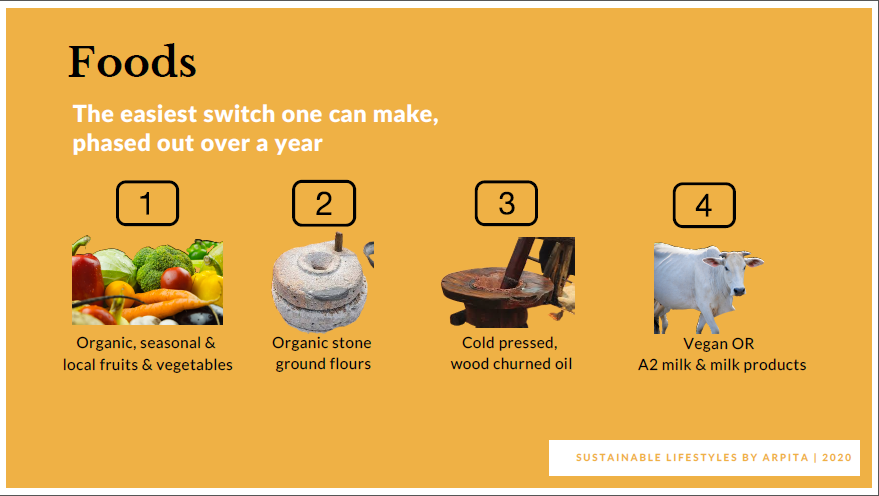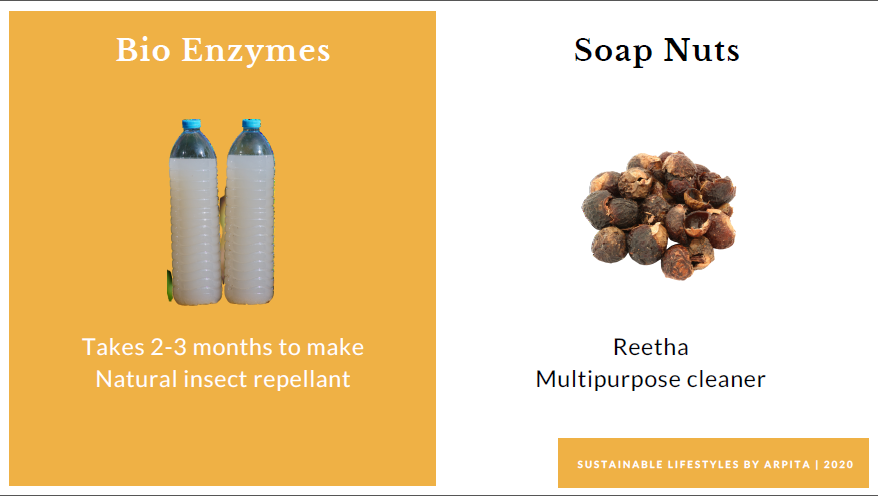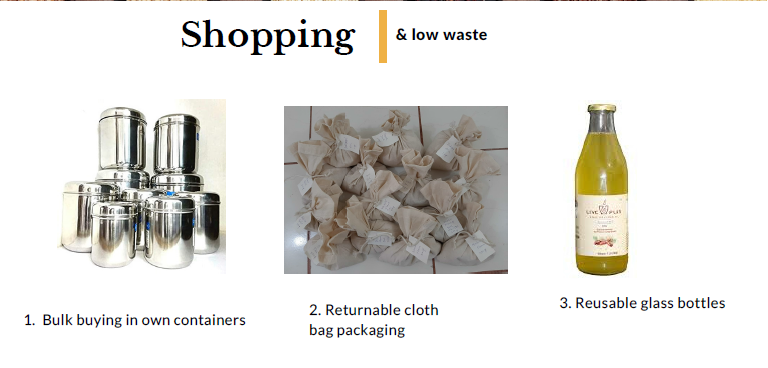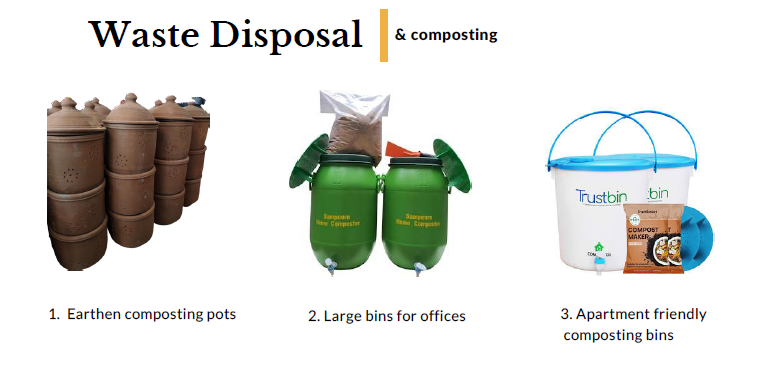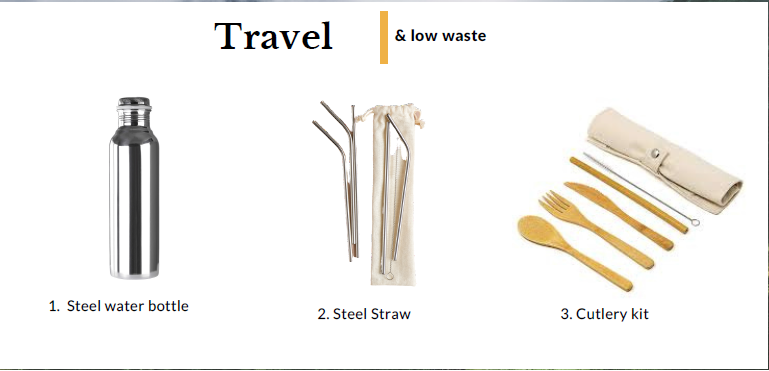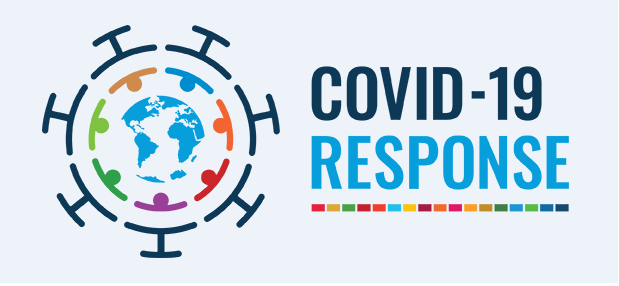Vedic Roots Of Sustainability
Vedic Roots Of Sustainability

Arpita Kalanuria
Senior Research Fellow, IISD
Women Entrepreneurship Award Winner in Circular Packaging
Advisor, IISD Startup and MSMEs Center and
IISD Sustainable Fashion Prefessional Network (ISFPN)
'Living in harmony with nature, the Vedic way'
Environment protection & worship form an integral & important part of Ancient
Vedic texts of Rig Veda, Yajur Veda, Sama Veda & Atharva Veda. From the very
beginning of our Sanatana civilization, we have worshipped every element of
nature be it Rivers, Mountains, Trees, Sky, Animals, and the stars and planets in
our sky. When I started my journey into the exhaustive dharmic texts, not only did
I notice that our ancestors lived in complete reverence and harmony with nature,
but their lifestyles were symbiotic with all elements, creating harmony and
balance of needs and wants.
Multi disciplinary evidence now suggests that the oldest text in the world,
Rigveda, was written over 24000 years ago. According to research & scientific
papers published in the last 100 years, in the fields oceanography, seismology,
computerised astronomy, hydrology, genealogy, climatology, palaeontology &
more, we have been able to revise & correct the dating of ancient Vedic texts.
Many recent scientists have suggested through extensive research work, that the
Ramayana, Mahabharata, Rigveda, were events that occurred approximately 7000,
14000 BC & 24000 years ago, respectively. Many independent & in-depth studies
of Sarasvati river paleochannel, corroborate the same.
Indian civilisation is now proven to be the oldest living civilisation in the world,
with unparalleled contributions in mathematics, sciences, astronomy, agriculture,
cosmology, medicine, metallurgy, and countless more disciplines.
A few concepts in Sustainability that are widely talked about today, but
historically, find their roots in Vedic Scriptures.
The important & underlying principle in our culture has always been that all living
beings are created equal, and that we share the planet, or Bhoomi. Our Vedic
texts describe the connected, conscious & co-existing nature of humans & all
living beings on the planet. The philosophy of superiority of Man over other
elements and beings is a foriegn concept, although external influences as well as
industrialization of the world has led to a state where we are now realizing the
importance of sustainable & simple living by using natural resources, as we call it
today - 'Zero Waste / Waste Free Living'
Here is an easy to adopt guide to Vedic style sustainable living:
1. Food
- Organic, seasonal & local fruits & vegetables
- Organic stone ground flours
- Cold pressed, wood churned oil
- Vegan or A2 milk & milk products
- Aim for 70% , starting slowly but steadily
2. Cooking
After choosing the right foods, cooking it in a way to as to retain most
nutrients comes next.
- Soak dal & rice overnight just like other pulses , sprouts have 4x protein
- Cook same vegetables in a variety of ways - grill, subzi, raw
- Avoid Aluminium / Teflon / Non Stick
- Opt for Cast Iron / Stainless Steel / Earthen Pots
3. Additional Notes
- Pulses & grains with skins, unpolished
- Multigrain flours - nachni, jowar, add vegetables
- Vegan milk & cheese at home - flax, nuts, aquafaba
- Try fasting & grain free detoxing
- Salt & Sugar
- Sprout everything possible
- Superfoods
4. Personal & Home Care
- Oral Care
- Hair Care
- Skin Care
- Chemical Free Cleaners - Bio Enzymes , Soap Nuts
5. Buying Habits
- Bulk buying in own containers
- Returnable cloth bag packaging
- Reusable glass bottles
- Chose natural fabrics
- Earthen composting pots
- Steel water bottle
Sustainability & the Vedas
Environment protection &
worship, form an integral &
important part of Ancient
Vedic texts of
Rig Veda, Yajur Veda,
Sama Veda & Atharva Veda
Vasudhaiva Kutumbakam
The world is one family
VI-72 Maha Upanishad
Sama Veda
In India it is a traditional practice to worship animals, forests,
oceans,rivers & mountains as they are considered sacred, Vedas
describe the connected, conscious & co-existing nature of humans
& all living beings on the planet.
We will now look at a few concepts in Sustainability that are
widely talked about today, but historically, find their roots in
Vedic Scriptures
Multi disciplinary evidence now suggests
that the oldest text in the world, Rigveda,
was written over 24000 years ago
According to research & scientific papers published in the last 100years, in the fields
oceanography, seismology, computerised astronomy, hydrology, genealogy, climatology,
palaeontology & more, we have been able to revise & correct the dating of ancient Vedic texts.
Recently, renowned historian, author & chemical engineer, Nilesh Oak, has suggested
through his extensive research work, that the Ramayana, Mahabharata, Rigveda, were
events that occurred approximately 7000, 14000 BC & 24000 years ago, respectively.
Many independent & in-depth studies of Sarasvati river paleo channel, corroborate the
same.
Indian civilisation is now proven to be the oldest living civilisation in the world, with
unparalleled contributions in mathematics, sciences, astronomy, agriculture,
cosmology, medicine, metallurgy, and countless more disciplines.
Vedas & Sustainability
understanding of ecosystems nature worship motherland vegetarianism
detailed knowledge of weather & water cycles environmental consciousness
forest protection coexistence with nature wildlife protection 5 elements of nature
shared planet animals, trees, mountains, rivers, oceans, are sacred
no river or oceanic pollution rainwater harvesting tree planting to beat pollution
clean energy building with natural materials circular economy
worshipping yield as gift from mother nature never mix waste with water systems
natural personal & home care natural medication slow food sustainable packaging
fresh foods zero waste waste management organic farming composting
town planning sewage systems natural fertilisersbio pesticides crop rotation
The Author is a Senior Research Fellow (Circular Packaging, Sustainable Fashion) at Indian Institute of Sustainable Development (IISD), New Delhi, and leads IISD's Center of Excellence in Circular Economy Sustainability, IISD Startup and MSMEs Center and IISD Sustainable Fashion Prefessional Network (ISFPN).
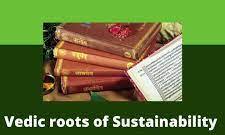
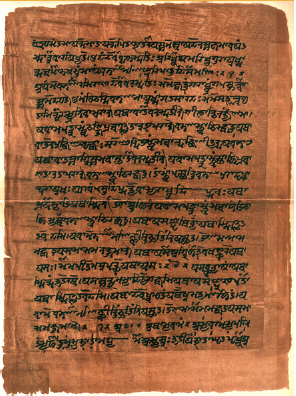
Source : Bhoomi Suktam Atharva Veda
